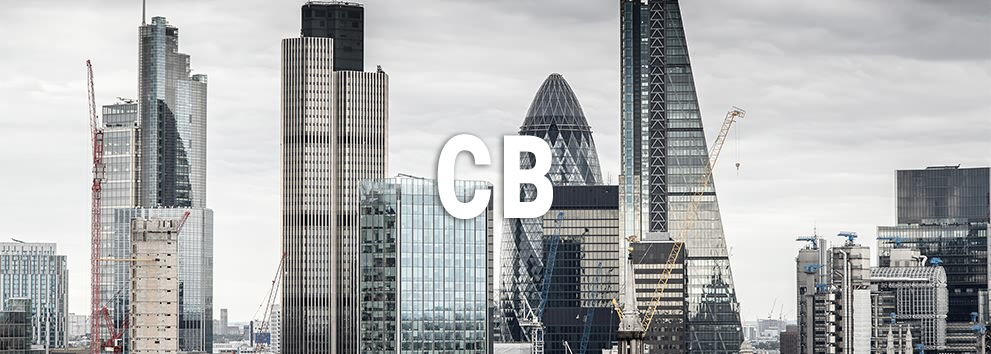Introduction of India power battery standard IS 16893
Introduction of India power battery standard IS 16893,
India power battery standard IS 16893,
▍What is CB Certification?
IECEE CB is the first genuine international system for mutual recognition of electrical equipment safety test reports. NCB (National Certification Body) reaches a multilateral agreement, which enables manufacturers to obtain national certification from other member countries under CB scheme on the basis of transferring one of the NCB certificates.
CB certificate is a formal CB scheme document issued by authorized NCB, which is to inform other NCB that the tested product samples conform to present standard requirement.
As a kind of standardized report, CB report lists relevant requirements from IEC standard item by item. CB report not only provides results of all required testing, measurement, verification, inspection and assessment with clearness and non-ambiguity, but also including photos, circuit diagram, pictures and product description. According to the rule of CB scheme, CB report will not take effect until it presents with CB certificate together.
▍Why we need CB Certification?
- Directly recognized or approved by member countries
With CB certificate and CB test report, your products can be exported to some countries directly.
- Convert to other countries certificates
The CB certificate can be directly converted to the certificate of its member countries, by providing the CB certificate, test report and difference test report (when applicable) without repeating the test, which can shorten the lead time of certification.
- Ensure the Safety of Product
The CB certification test considers the product’s reasonable use and foreseeable safety when misused. The certified product proves the satisfactory of the safety requirements.
▍Why MCM?
● Qualification: MCM is the first authorized CBTL of IEC 62133 standard qualification by TUV RH in mainland China.
● Certification and testing capability: MCM is among the first patch of testing and certification third party for IEC62133 standard, and has finished more than 7000 battery IEC62133 testing and CB reports for global clients.
● Technical support: MCM possesses more than 15 technical engineers specialized in testing as per IEC 62133 standard. MCM provides clients with comprehensive, accurate, closed-loop type of technical support and leading-edge information services.
Recently Automotive Industry Standards Committee (AISC) released standard AIS-156 and AIS-038 (Rev.02) Amendment 3. The test objects of AIS-156 and AIS-038 are REESS (Rechargeable Energy Storage System) for automobiles, and the new edition adds that the cells used in REESS should pass tests of IS 16893 Part 2 and Part 3, and at least 1 charge-discharge cycle data should be provided. The following is a brief introduction to the test requirements of IS 16893 Part 2 and Part 3.IS 16893 is apply to the secondary lithium-ion cell used in electrically propelled road vehicles propulsion. Part 2 is about the test of reliability and abuse. It is consistent with IEC 62660-2: 2010 “Secondary lithium-ion cells used in electrically propelled road vehicles propulsion – Part 2: test of reliability and abuse” published by the International Electrotechnical Commission (IEC). The test items are: capacity check, vibration, mechanical shock, crush, high-temperature endurance, temperature cycling, external short-circuit, overcharging and forced discharging. Among them are the following key test items:
High-temperature endurance: cells of 100 % SOC( BEV) and 80 % SOC( HEV) need to be placed at 130℃ for 30min.









